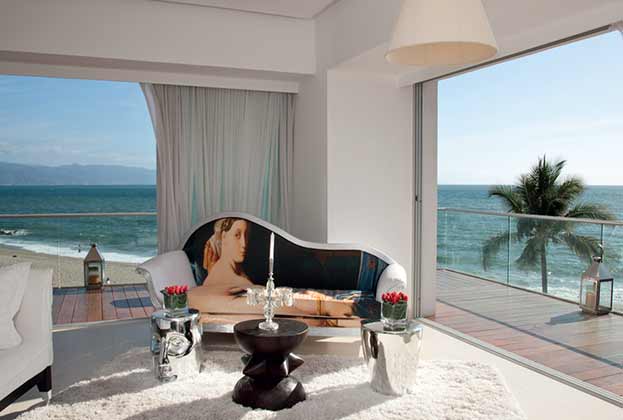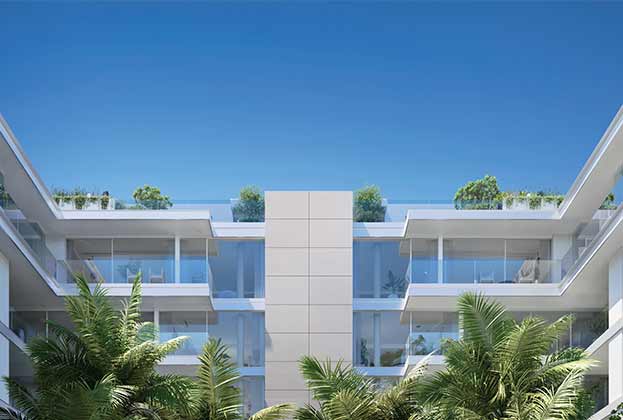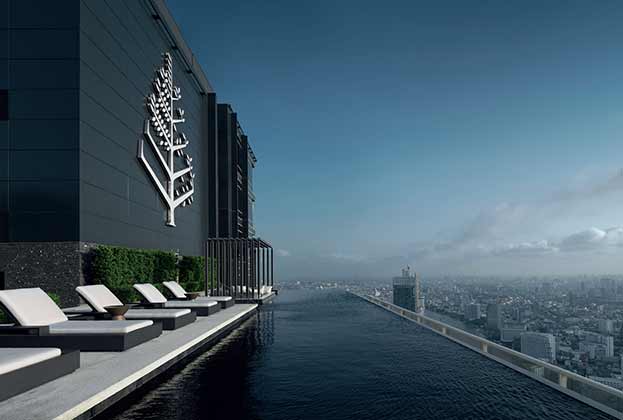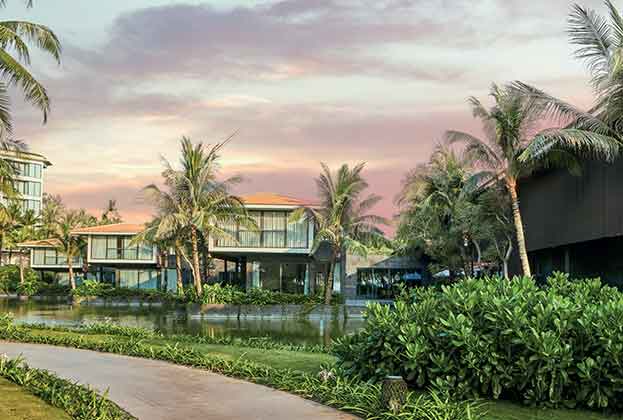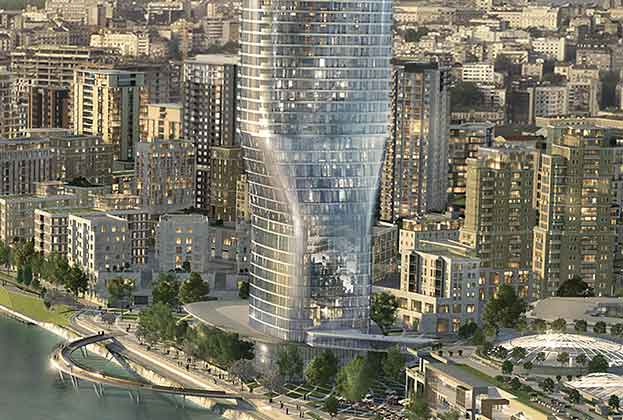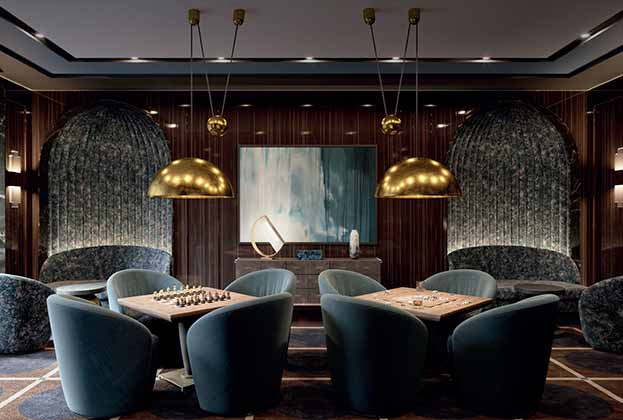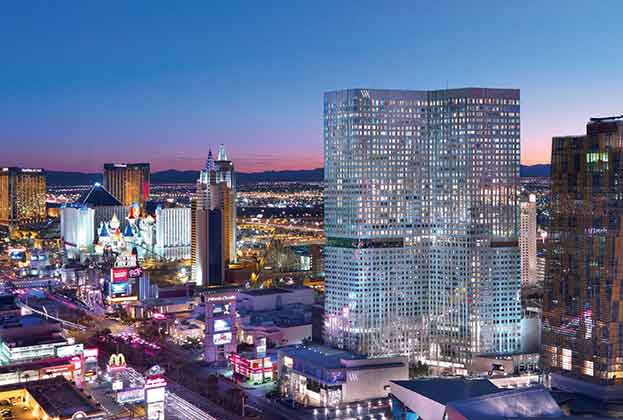Brand association can boost the profile, and prices, of schemes around the world
When a residential product is affiliated with a luxury brand, it benefits from the same perceived quality of that brand by association, service, and design. Purchasers of branded residences are assured of a quality product, limited in supply, which shares in the values of the brand.
Pre-existing brand awareness means that the residential product may enjoy a greater profile and attract a larger demand base. Because of this, purchasers are willing to pay more for a branded property over its non-branded equivalent.
Savills analysis shows that the average global premium for branded residences, over a comparable non-branded product, stands at 29% on an unweighted basis. These premiums do vary significantly by location, brand, and type of scheme.
The highest brand premiums are achieved in emerging markets at an average of 44% above comparable non-branded stock. In these newer markets, luxury brands are particularly appealing to the newly wealthy as a trophy asset. Truly emerging markets with few branded properties can command prices that are double non-branded stock.
Global cities, with tighter competition at the top end of the market from other luxury, non-branded product, have the lowest premium for the location classifications at 18%. Location is also a greater determinant of price here.
Premiums for properties in resort locations are varied, dependent on the age and composition of the market and its clientele. This settles the average price premium for this location classification in the middle of the pack at 25% compared to non-branded properties of the same calibre in these markets.
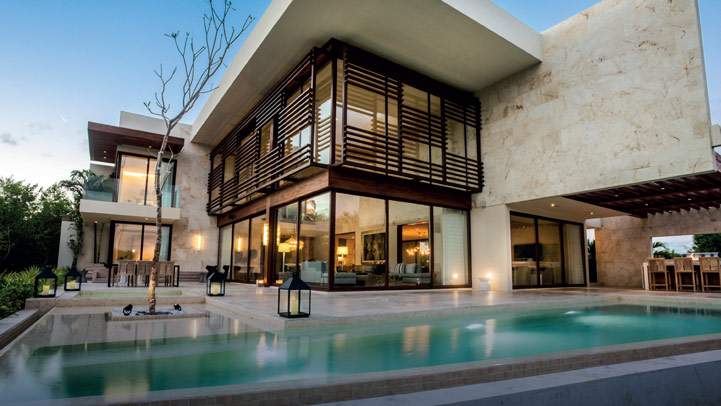
Rosewood Residences Mayakoba, Mexico
Read the articles within Spotlight: Branded Residences below.
Further information
Global Residential Development Consultancy
.jpg)
